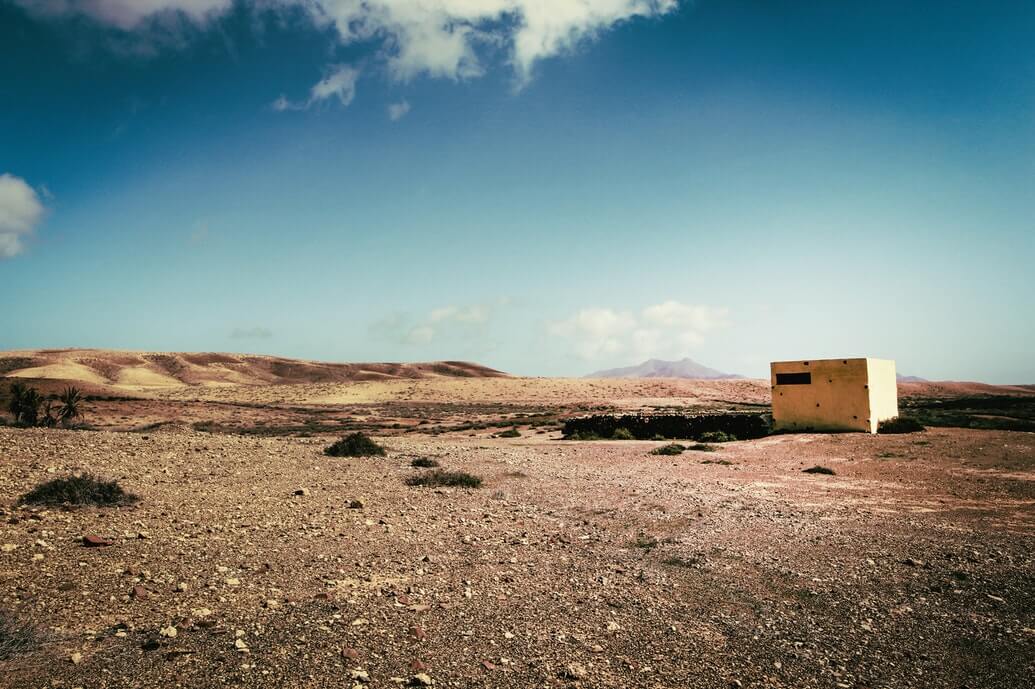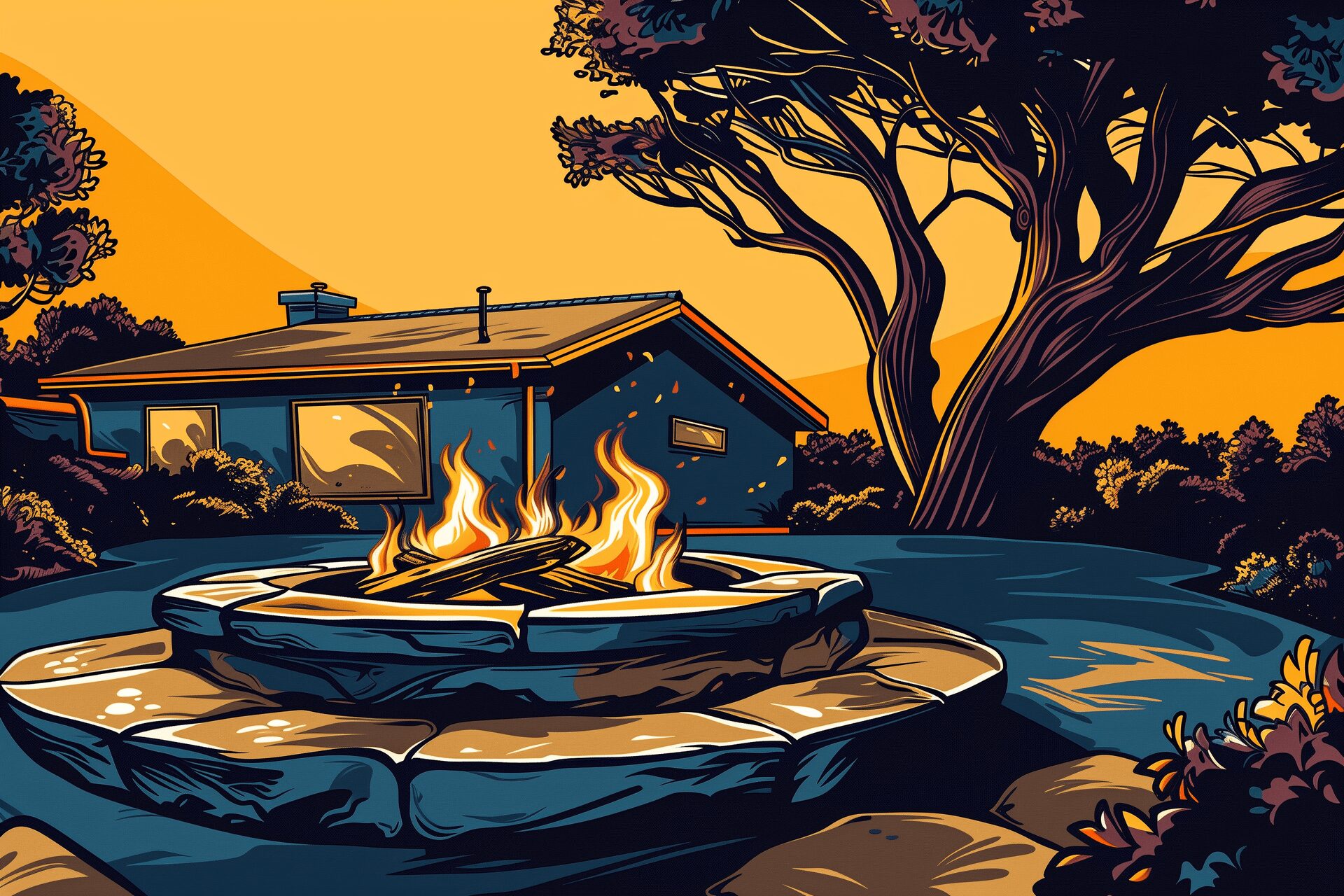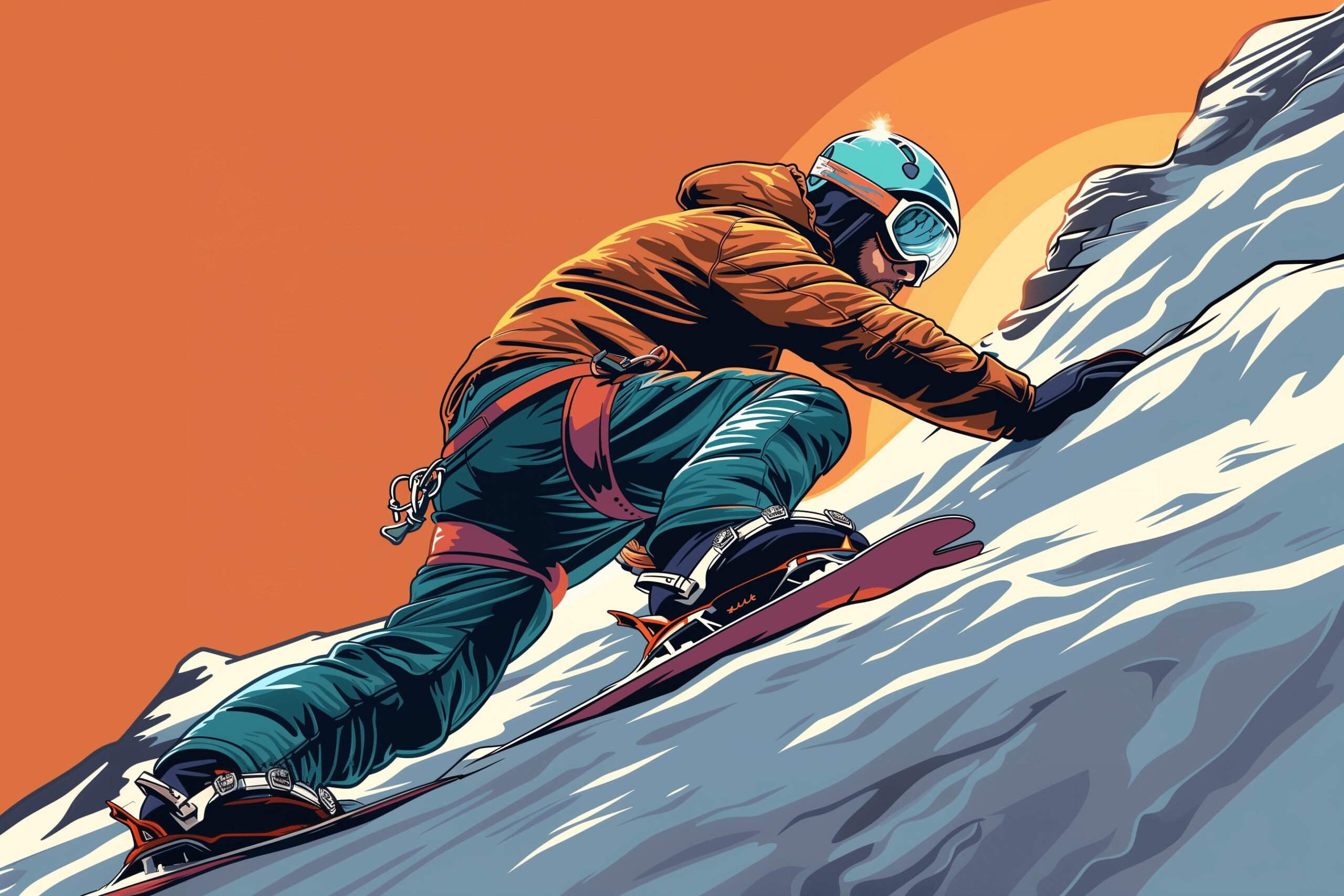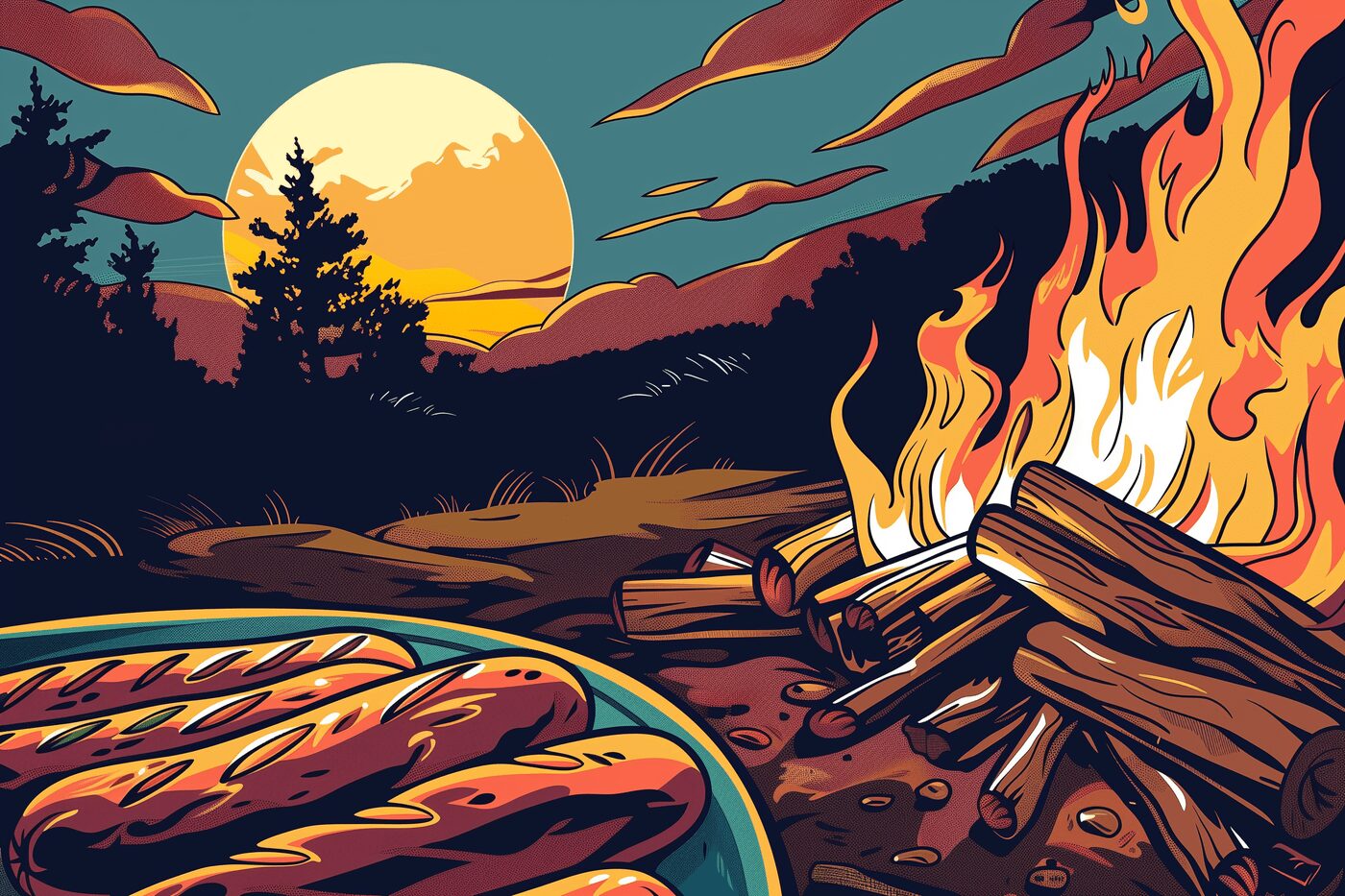How to Stock Your Survival Bunker
Aug 21, 2019

As an Amazon Associate, Modded gets commissions for purchases made through links in this post.
The end of the world has been a concern since the beginning of time. Whether it’s a natural disaster, a disease outbreak or a different type of apocalyptic event, your survival bunker can keep you safe in most SHTF scenarios. Of course, once you finish building your bunker, you’ll need to stock it with things to keep you and your loved ones safe.
So how can you differentiate between necessities and luxuries? Make sure you stock your survival bunker the right way by reading about these survival essentials. After you have your bunker stocked, you can think about adding a few more items for your own personal enjoyment.
1. Save Tons of Water
Everyone knows that hydration is key to healthy living. But that’s easy to forget about when you live with constant access to water. There’s no urgent need to drink it when it’s available because it’s always there.
When you’re living in your survival bunker, your water supply will quickly diminish. Unless you’ve managed to hook up your bunker to some kind of underground well or natural water source, it could disappear quickly.
The first thing you should do is stock up on water. Water bottles, pitchers and even filtration systems are high-priority items when stocking your bunker.
2. Store Nutritional Food
The next thing you should think about is food. You’ll obviously have to eat when you’re waiting out the storm, and you may not know when you’ll be able to leave the bunker to scavenge. That’s why you should read a survival food list and get non-perishable foods that cover every part of the food pyramid.
Some examples of these foods are:
- Beans (dried or canned)
- Grains
- Flour
- Canned fruits and vegetables
- Canned or dried meat
- Powdered milk
It may be challenging to find your favorite foods on that list, but you should think simple, like stocking up on beef jerky. It comes in a variety of flavors and lasts a long time in its packaging, no refrigeration necessary.
Don’t forget to designate a place in your bunker to prepare the food. Even if you just need a surface to open a can of beans on, it’ll help you decide where your kitchen will be.
3. Prepare a First Aid Kit
You never know what could happen when you’re adjusting to your new lifestyle, so it’s a good idea to prepare a first aid kit. A basic kit will contain things like bandages, antibiotic cream, gauze and gauze tape.
You’ll also want to have medicine on hand. Over-the-counter medicines like acetaminophen, ibuprofen and allergy medicine are all smart to include. Just be sure to stay aware of their expiration date and replace them as needed every few years.
4. Consider the Temperature
Spending time underground will make you safer, but it will also make you colder. The ground has a tendency to trap the colder temperatures at night, holding onto them even through hot days. The deeper your bunker is, the colder you’ll be.
Consider this important detail when you stock your bunker. Store jackets, socks, blankets and even winter supplies like gloves and hats so you’re comfortable when you’re down there.
5. Fill Up Your Toolkit
What happens if your portable stove breaks or a handheld lantern falls apart? You’ll need a basic toolkit to handle situations like that, along with extra batteries. Keep both of these somewhere safe in your bunker. You may not use your toolkit during a natural disaster, but you’ll be glad you prepped it when you need to reassemble something that aids in your survival.
6. Designate a Document Bag
When you’re listing out items you’ll need to survive, your personal documents may not seem relevant. However, if the disaster destroys or damages your home, you will need the relevant paperwork to rebuild.
Keep important documents in an emergency document bag so you can grab it and go if you ever need to evacuate. The emergency document bag includes these items:
- Photo IDs
- Birth certificates
- Insurance forms
- Passports
- Wills and titles
It’s always smart to have these with you to manage an unexpected situation. Sealing them in a waterproof bag or fireproof safe will keep them secure until you need them.
7. Create a Bedroom
Most bunkers end up being a safe place with one room, but you’ll still end up needing many of the same supplies you use every day. Create a makeshift bedroom by saving things like a bedspread, pillows and extra sheets and blankets. Double what you save if you’ll be in the bunker with a family member or friend.
8. Install a Bathroom
Every bunker has a space where you can go to the bathroom, like a two-in-one combined shower and toilet. Along with installing a compost toilet, you’ll need sanitary supplies like toilet paper, hand soap and shower supplies. You should also have a way to clean your bathroom area that isn’t so pungent that you need to air it out.
9. Arrange a Defense room
If you’re prepping your bunker for the end of the world, you’ll need a defense room. It’ll help you to hunt your own food after you get back above ground. There’s also the need for self-defense in case the people you come across outside your bunker are desperate or crazed.
To that end, think about what your abilities and skill sets are to determine which methods of defense are right for you. You may already have weapons in your home you could store in your bunker.
Just like it’d be unwise to enter your bunker without a means of self-defense, it would also be unwise to enter without any means of cleaning your guns. Remember to store things like a gun cleaning kit, depending on which weapons you’d bring along.
Think About Your Routine
If you feel like you’re still missing something, think about your routine. What do you use every day and how could you stock it in your bunker? Essentials like food, water and extra blankets are just a few of the things you’ll be grateful for if you ever need to go down there. Once you’ve stocked the important stuff, you can throw in fun things like board games and other inessential items to pass the time.





